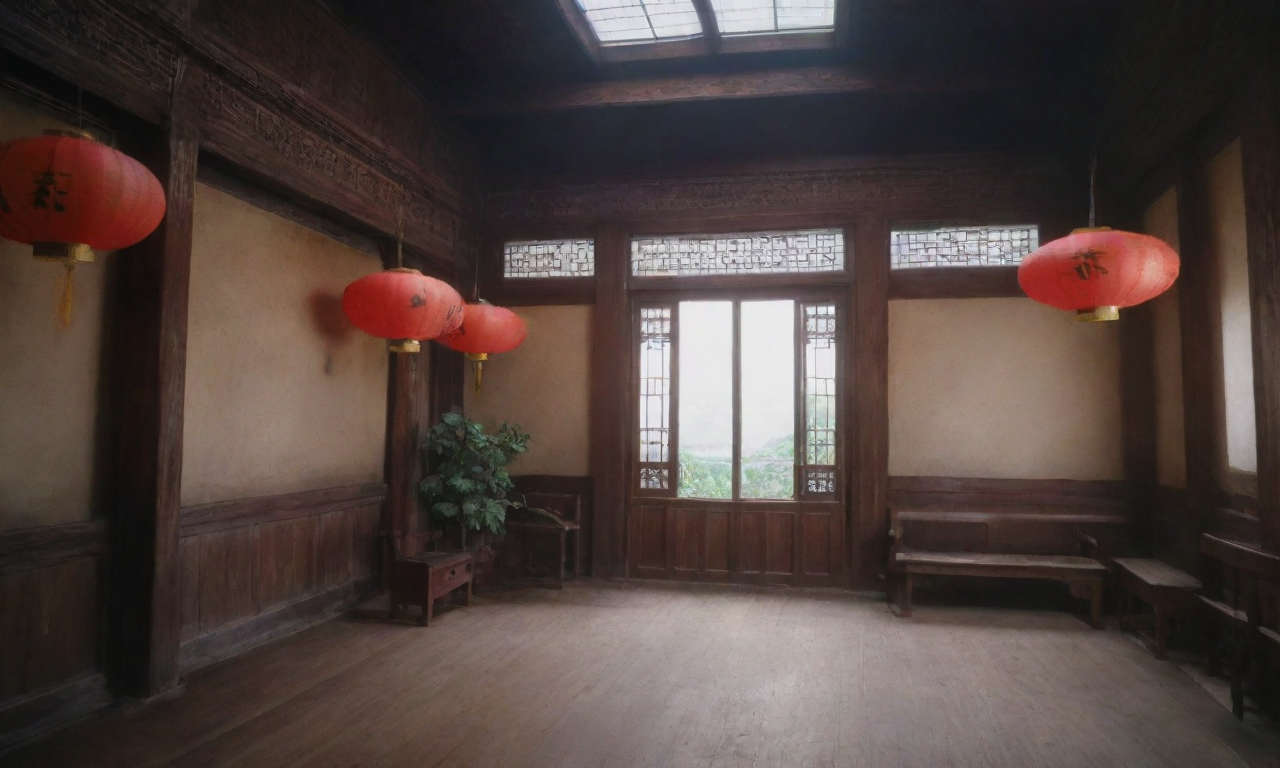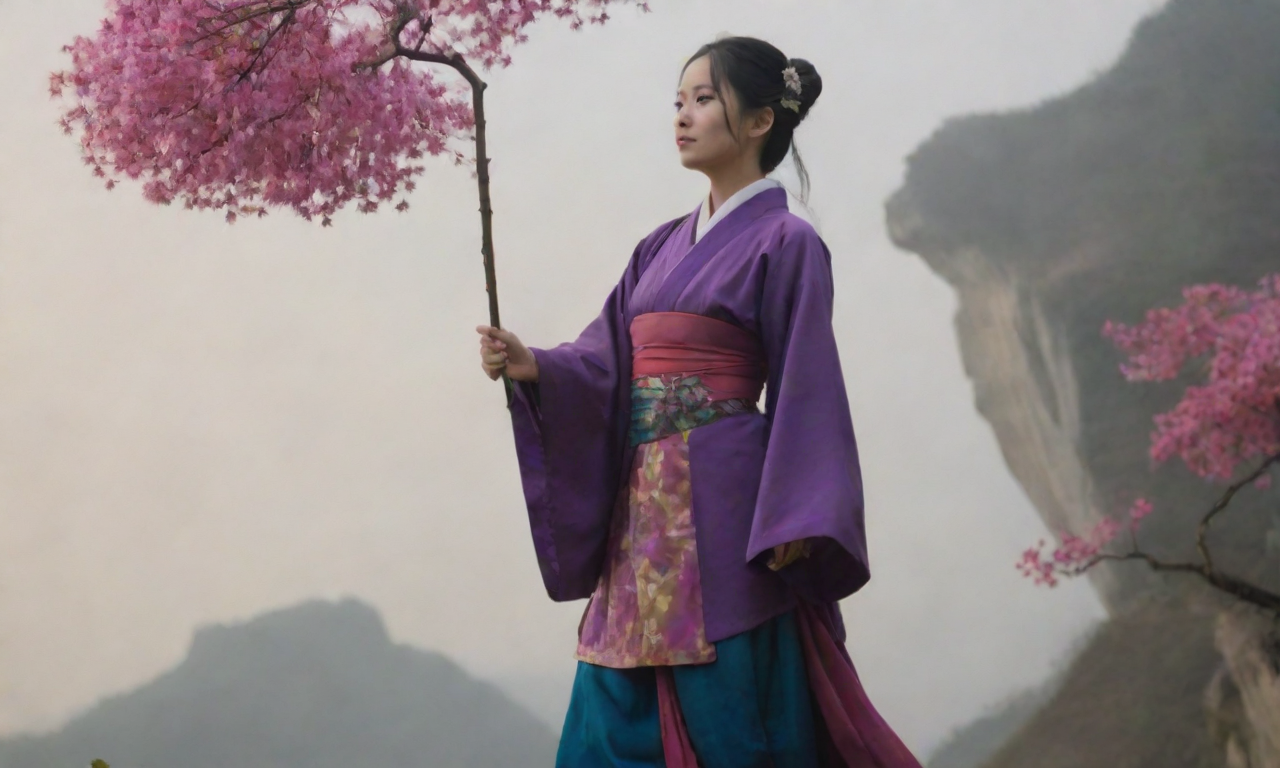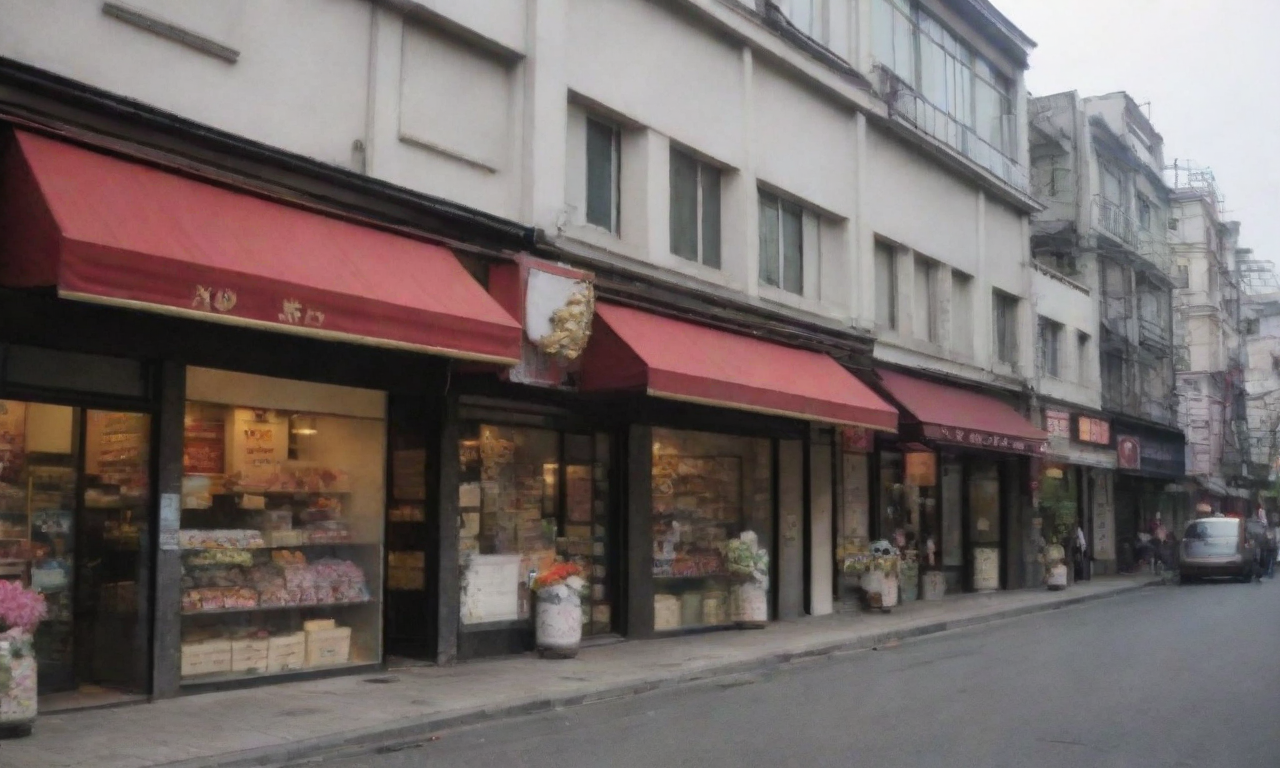In recent years, discussions concerning the recruitment of "public institution positions" have been ongoing. After all, to many people, such positions represent a "iron rice bowl"—a stable job—which naturally garners significant attention. This phenomenon at least indicates that the public's awareness of their rights is strengthening, and also reflects the power of social oversight.
The so-called "academic descendants" is a concept in contrast to "celebrity descendants," specifically referring to the next generation of senior technical staff working in universities and research institutes. The controversy over the publication of the list of initial screening passers for this teaching position arose because one of the candidates’ fathers is a doctoral supervisor at the university as well as the incumbent director of the Development Planning and Academic Construction department, qualifying the individual as a typical "academic descendant."
In the relevant public notice, the applicant's "social relationships" were listed in the "Remarks" column. Because this relationship may be related to recruitment interests and is only within the university, there is no issue of "invasion of privacy." Therefore, the method of public notice seems appropriate.
Moreover, in my view, unlike other universities that ambiguously handle the background of recruits in a half-concealed way, this limited disclosure of information can be regarded as a step forward in terms of content transparency. In this sense, there's no need for the university to emphasize "the whole process being open and transparent" while removing the publication from the official website under the pretext of "the public notice period’s conclusion."
Public notice is a means of accepting supervision, plainly interpreted as "open display." The purpose is to provide all stakeholders with a full understanding, offering them the opportunity to express opinions and views as much as possible. Retreating or clearing the field in response to discussion or controversy, or assuming a defensive posture, does not meet the original intent of public notice nor public expectations.
Talking about procedural justice, its significance is well-known. However, in practice, fairness and justice only manifest when the procedure is designed reasonably and executed flawlessly. Regarding the university's recruitment public notice in this incident, mentioning the social relationships of those who passed the preliminary screening is a commendable action, yet the regret is that the public notice does not include content such as the scientific research level of the relevant personnel and their alignment with the pre-set standards and qualifications.
Theoretically, procedural justice is based on the rationality of procedural design, but reality is always more complex than theory. Seemingly reasonable procedures can be influenced by various subjective and objective factors, becoming complicated and failing to operate normally. Hence, it is not uncommon in universities to witness performances that are perfectly compliant with the procedure yet lead to unexpected outcomes.
For example, a new leader brought into a secondary college at a university discovered during an award selection that a teacher who did not meet the award criteria was nominated. The new leader naturally vetoed this in the meeting. However, according to the voting procedure, any personal opinion is only for reference during the discussion, and the final decision requires an anonymous vote by all attendees. The voting results showed that everyone except the leader voted in favor, and the nominee was successfully elected.
The "unspoken rules" in this example are self-evident, and the "Chinese-style human sentiment" entailed cannot be ignored.
Indeed, the public controversy over the employment of "academic descendants" at the university where their parents work stems from a distrust of such "Chinese-style human sentiment." They worry that under its shade, the recruitment process not only loses fairness but may also lead to an exclusive "professional heredity," ultimately monopolizing career identities.
I, of course, do not agree with those who advocate for a recusal or comprehensive restrictions on "academic descendants" entering the universities where their parents work. It is an approach moving from one extreme to another, contrary to the principle of equal opportunity and leads to another form of unfairness.
However, universities indeed face a dilemma in the recruitment of personnel: emphasizing collective decision-making through anonymous voting might lead to no one being accountable for the recruitment process. If administrators are merely performing their duties, the result can only be perfunctory compliance; while if the responsibility lies with individual leaders with unrestricted power, facing an "indispensable" individual with no regard for professional ethics and social reputation could lead to the situation where "the rich get richer, and the water doesn't flow to outsiders' fields." Therefore, it is evident that reforming and improving the system and enhancing the basic qualities of personnel are both still challenging long-term tasks.
Returning to the issue of public notice. It should be recognized that the personnel department of the aforementioned "Double First-class" university in Beijing subjectively hopes to avoid or limit "Chinese-style human sentiment" through procedures. Any similar helpful exploration should always be encouraged. Whether it has effectively achieved this aim is another matter. Keywords: "Career System" "Second Generation University Professionals" "School Recruitment" "University Procedural Justice" "University Development Planning"








